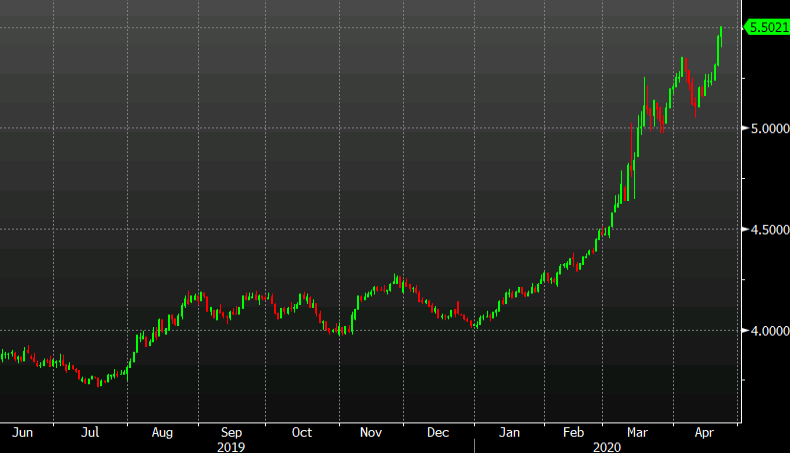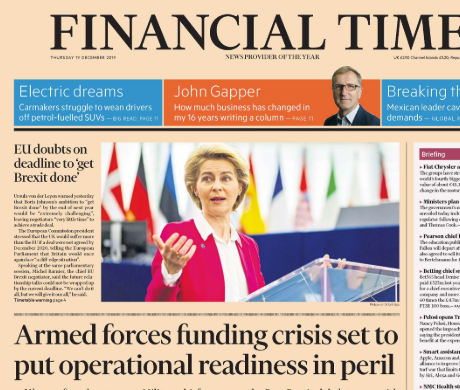Good day, everyone! Hope you’re all doing well as we look to get things going in the session ahead. It’s been a tug of war in the battle of risk since trading yesterday as markets are once again now appearing to shrug off fears concerning the coronavirus outbreak.
Major currencies are trading keeping more calm with the aussie leading gains after a slightly better-than-expected Australian Q4 CPI data earlier. That said, the trimmed mean reading – RBA’s preferred measure – still remains below its target band of 2-3%.
Looking ahead, it is going to be all about the risk mood once again with little notable data releases in the European morning. But with Apple earnings keeping investors hopeful, perhaps the situation will be more calm in the hours ahead.
As such, expect coronavirus headlines to continue to dominate proceedings before we move on to the Fed later today and more key tech earnings in Wall Street.
0700 GMT – Germany December import price index
Prior release can be found here. A proxy indicator of price pressures in the German economy. A minor data point.
0700 GMT – UK January Nationwide house prices
Prior release can be found here. A general overview of housing market conditions in the UK economy. Not a major release by any means.
0700 GMT – Germany February GfK consumer confidence
Prior release can be found here. An indication of consumer morale towards the German economy, which has been keeping more subdued lately. Expectation is for the reading to reflect similar sentiment in the early stages of the year.
0745 GMT – France January consumer confidence
Prior release can be found here. A general read of confidence towards the French economy, which has been holding up decently – but not suggestive of anything stellar; which mirrors the economic performance of the country since last year.
0900 GMT – Eurozone December M3 money supply data
Prior report can be found here. A gauge of credit conditions in the euro area economy, which continues to be holding up well despite economic concerns. A minor data point
0900 GMT – Switzerland January Credit Suisse investor sentiment
Prior release can be found here. The reading measures analysts’ expectations on the Swiss economy and other economic expectations over the next 6 months. Low-tier data.
1200 GMT – US MBA mortgage applications w.e. 24 January
Weekly US housing data, measures the change in number of applications for mortgages backed by the MBA during the week. Not the biggest of data points, but a general indicator of the housing sector sentiment.
That’s all for the session ahead. I wish you all the best of days to come and good luck with your trading!







